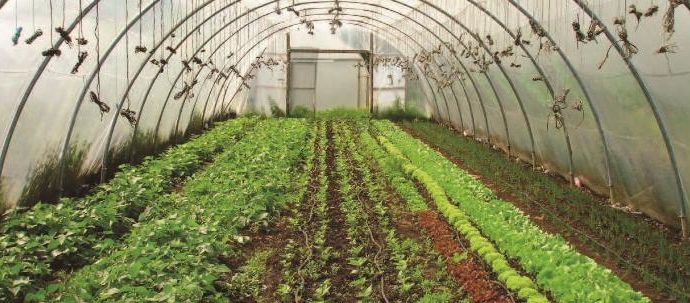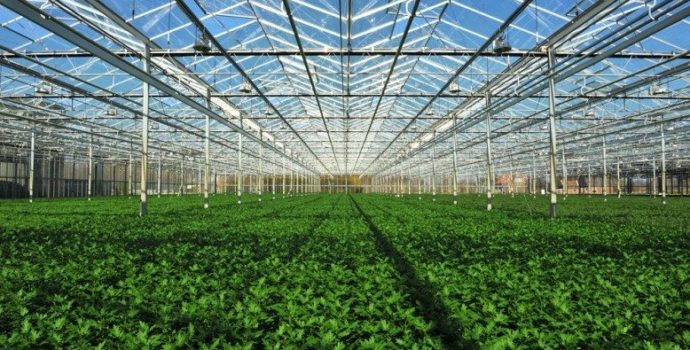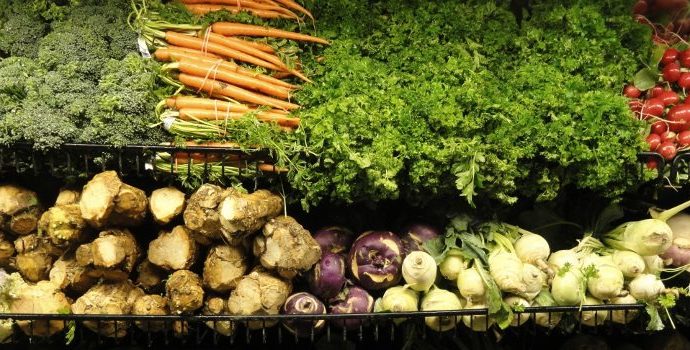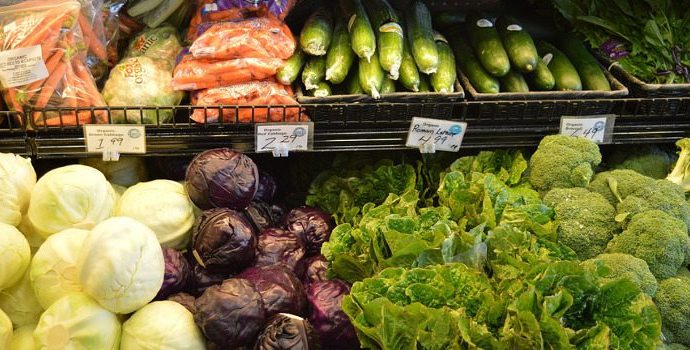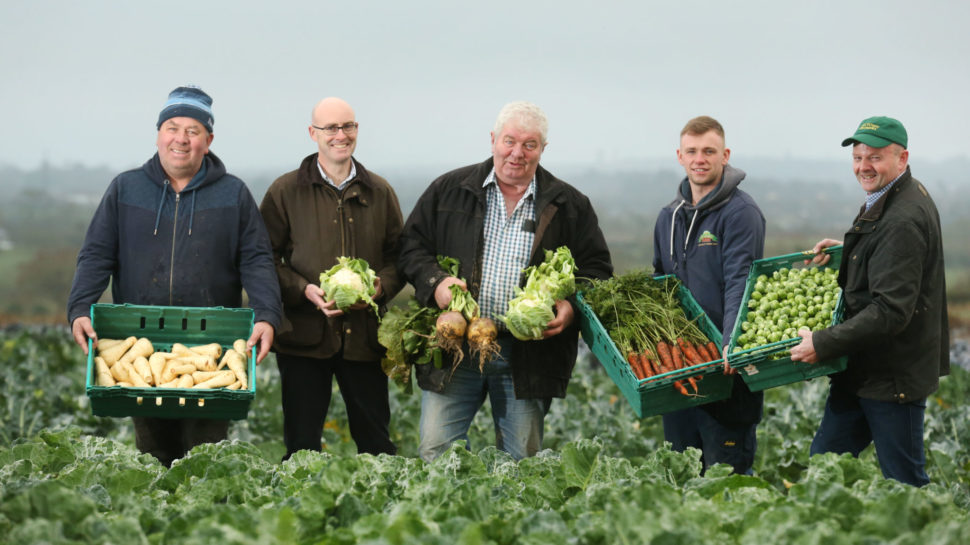
The recent level 5 lockdown saw an increase in retail sales however, it wasn’t at the level of the first lockdown in April. Unfortunately, again those depending on the food service sector have faced difficulties moving product.
At this stage of the year many of the crops such as broccoli are now finished, however, root crops and other brassicas will be harvested throughout the Winter. Due to the drought earlier in the year and unseasonal rainfall later on, the yield on many of these crops is reduced. The situation is similar over in the UK and, with the added issues of labour, this will limit the supply of many outdoor field vegetable crops over the next 6 months. Any excessive Christmas promotions by the retailers will only compound these issues.
Most of the salad crops, apart from indoor lettuce, are virtually finished although the likes of celery will be available into December. Most of the glasshouses are now cleaned down ready for planting next year’s crop. In general, it was a reasonable season with good growing conditions and demand at retail level. The issue with Fusarium in lettuce has improved somewhat with newer varieties etc coming on board. However, it will be some time before the issue is fully if ever resolved.
Overall, it continues to be a mixed season for growers. Depending on your market outlet and crops, some growers have seen extra sales, however, labour issues and the failure by retailers to acknowledge the extra costs associated with the pandemic, have negated any positives.
It has been a positive that retailers particularly the discounters have expanded their range of Irish crops. However, if they want growers to continue supplying these crops then they will have to consider Irish productions costs and not those from countries where the crops are produced on a larger scale.
Demand in the apple sector remains strong due to reduced supply across the EU because of frost issues earlier in the season, particularly in the main exporting countries such as Poland.
Labour issues continue to be the biggest challenge for growers in all sectors. There are the issues associated directly with Covid on farms and also the availability of labour. Unemployment levels have risen since the arrival of Covid 19, however, none of the agricultural sectors have noticed any appreciable rise in suitable applicants for advertised positions.
IFA, in conjunction with DEASP, DAFM and Teagasc supported the development of the Help2Harvest Campaign which sought to attract local workers into the horticulture sector. While the majority of producers participated in this campaign, very few individuals from the live register took up employment in the sector.
While some sectors such as soft fruit are finished picking for the year and will not face major labour problems again until next May, the mushroom sector which picks 365 days of the year is facing particular challenges. Many growers have had to reduce production such as not picking third flush in order to cope with the lack of available labour.

